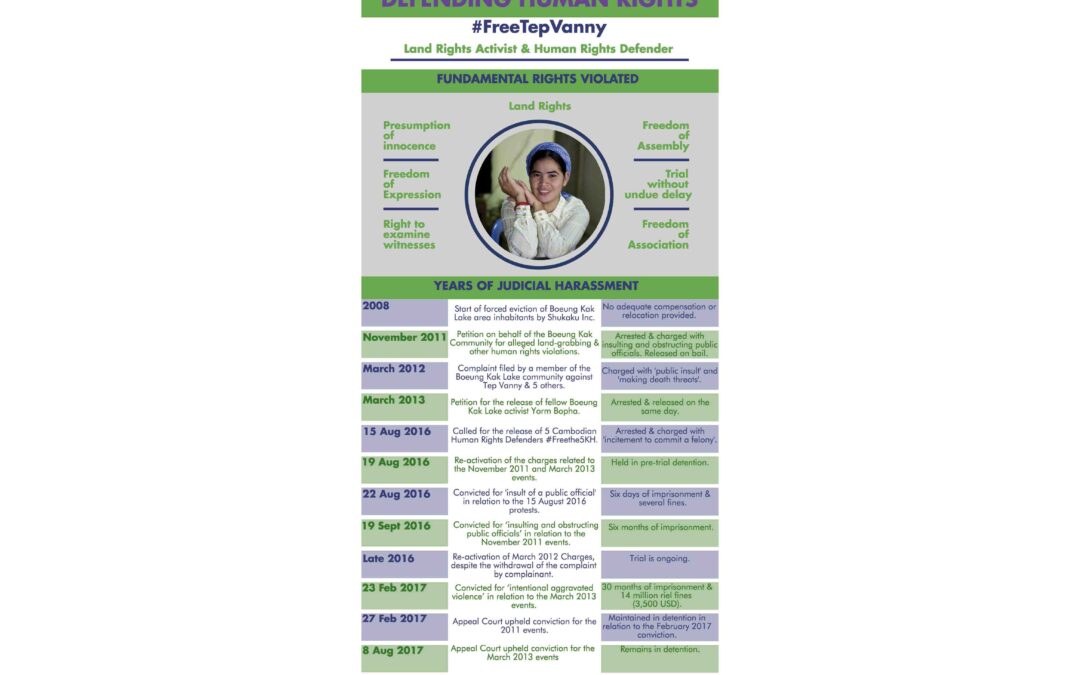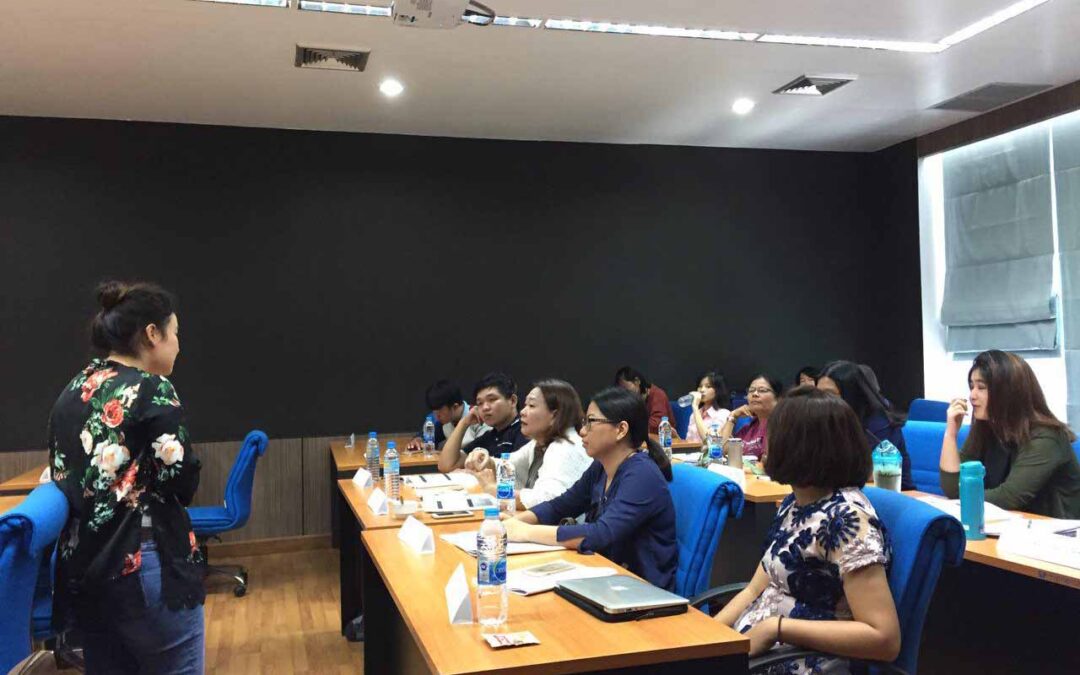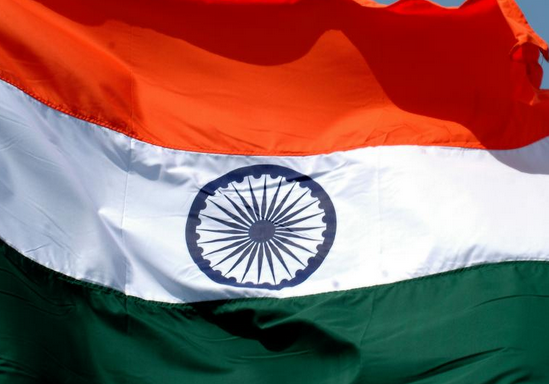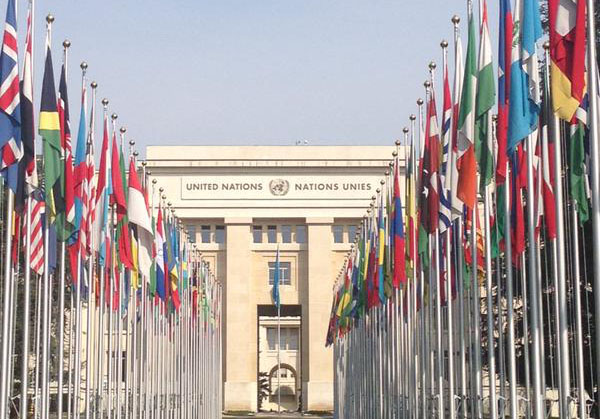
Aug 24, 2017 | News
On the one-year anniversary of the enactment of a law establishing the Office on Missing Persons (OMP), the ICJ called on the Sri Lankan Government to swiftly operationalize the Office.
The ICJ also urged the Government to set up other transitional justice mechanisms it committed to in the context of a key 2015 UN Human Rights Council resolution, without further delay.
On 23 August 2016, the OMP Act received the Speaker’s assent and became law. Even after one year, however, the Office has not been operationalized.
Organizations have reportedly made the claim that the President has unconstitutionally allocated the subject of the OMP to himself.
The Government’s failure to follow Constitutional provisions when setting up an important office such as the OMP, which has a permanent mandate to search and trace the whereabouts of “missing persons”, leaves the office exposed to future uncertainty- a move that affected communities can ill afford after a long and unjustifiable delay in setting up the OMP, the ICJ notes.
“The delay has already resulted in affected communities losing hope and faith in the Government’s transitional justice agenda, as is evident by continuous protests in the North,” said Frederick Rawski, ICJ’s Asia and Pacific Director.
The ICJ noted that in September 2015, the Government of Sri Lanka made a promise to the people of Sri Lanka and the international community, to initiate a process of reconciliation which “involves addressing the broad areas of truth seeking, justice, reparations and non-recurrence and for non-recurrence to become truly meaningful, the necessity of reaching a political settlement that addresses the grievances of the Tamil people”.
In the context of UN Human Rights Council resolution 30/1, adopted 1 October 2015, the Government of Sri Lanka made a commitment to establish four main transitional justice mechanisms, a Commission for Truth, Justice, Reconciliation and Non-recurrence, an Office on Missing Persons, an Office for Reparations and a Judicial Mechanism with a Special Counsel, amongst numerous other reforms.
Almost two years since these promises were made, only one mechanism, the OMP, has been established by law.
In March 2017, the need for implementation of these commitments related to reconciliation, accountability and human rights were reaffirmed, and a comprehensive report, followed by a discussion on the implementation of Council resolution 30/1, is due at the Human Rights Council’s 40th session in March 2019.
The Consultation Task Force on Reconciliation Mechanisms (CTF), a panel of 11 independent eminent persons appointed by Prime Minister Ranil Wickremesinghe, publicly released its final report on 3 January 2017.
The report already outlines structures and recommendations for the promised mechanisms based on country-wide consultations.
The ICJ called on the government of Sri Lanka to implement Task Force recommendations to deliver justice for victims of human rights abuse.
“The Government of Sri Lanka should make public its plans and drafts for the proposed mechanisms based on consultations, as well as a timeline for when it hopes to establish them, in order to stop further erosion of faith by the affected communities,” Rawski added.
In February, President Sirisena affirmed that he will prioritize Constitutional Reform over Transitional Justice-related reforms adding that there is a need to foster support for Transitional Justice amongst all communities.
The linkages between the two reform processes are many and one process cannot be seen independent of the other.
There is, however, very little progress on either front or a broad-based campaign to garner support for transitional justice, the ICJ said.
Two years into its tenure, the Government of Sri Lanka must take stock of its commitments and forge ahead with its reform agenda before the increasingly negative perception of the Government compromises the change it pledged and incumbency fatigue sets in, the ICJ added.
“The Government must act, and act now, to stop the disconnect between the hopes of affected communities and the lack of substantive progress of the transitional justice agenda from growing further, and deliver on its commitments before the opportunity for progressive reform is lost for good,” Rawski added.
Contact:
Frederick Rawski, ICJ’s Asia Pacific Regional Director (Bangkok), e: frederick.rawski(a)icj.org
Thyagi Ruwanpathirana, ICJ’s National Legal Advisor (Sri Lanka), e: thyagi.ruwanpathirana(a)icj.org

Aug 15, 2017 | Advocacy
Tep Vanny, one of Cambodia’s most prominent land activists and human rights defenders, will have spent one year in prison on 15 August for defending her community and exercising her human rights.
The ICJ and other human rights organizations condemn her arbitrary imprisonment and call for her convictions to be overturned, for all ongoing politically motivated and unsubstantiated charges against her to be dropped, and for her immediate release from prison.
Tep Vanny has fought tirelessly to protect the rights of members of the Boeung Kak Lake community, following their forced eviction from their homes in Phnom Penh.
More recently, she played a leading role in the so-called ‘Black Monday” campaign, challenging the arbitrary pre-trial detention of five human rights defenders, Lim Mony, Ny Sokha, Yi Soksan, Nay Vanda, and Ny Chakrya (the “Freethe5KH” detainees).
On 22 August 2016, following her arrest at a protest calling for the release of the five, she was convicted of ‘insulting of a public official’, and sentenced to six days in prison.
However, instead of releasing her based on time served, the authorities reactivated dormant charges dating back to a 2013 protest and kept her in detention.
“It is clear that the authorities are using the courts to lock me up, silence my freedom of expression and break my spirit,” said Tep Vanny. “They want to stop me from advocating and seeking a solution for the remaining people from Boeung Kak Lake as well as other campaigns to demand justice in our society.”
On 19 September 2016, Tep Vanny was sentenced, along with three other Boeung Kak Lake community activists, to six months imprisonment for “insulting and obstructing public officials” in a reactivated case related to a 2011 peaceful protest calling for a resolution to the Boeung Kak Lake land dispute, despite the absence of credible inculpatory evidence.
This conviction has since been upheld by the Court of Appeal on 27 February 2017.
On 23 February 2017, following proceedings which fell short of fair trial standards, Tep Vanny was convicted of “intentional violence with aggravating circumstances”, sentenced to a further 30 months in prison and fined more than 14 million riel (about US $3,500 – or twice the annual minimum wage in Cambodia) for having peacefully participated in protests calling for the release of her fellow activist Yorm Bopha, back in 2013.
While the #FreeThe5KH human rights defenders were released on bail on 29 June 2017, after having spent 427 days in arbitrary detention, Tep Vanny remains in prison.
She is currently on trial in a third reactivated case, facing charges of “public insult” and “death threats” brought by another member of the Boeung Kak Lake community, despite the complaint having been dropped by the community member.
On 8 August 2017, the Court of Appeal upheld her February 2017 conviction.
Cambodia-Joint Statement Tep Vanny-Advocacy-2017-ENG (full statement in English, PDF)
Cambodia-Joint Statement Tep Vanny-Advocacy-2017-KHM (full statement in Khmer, PDF)
Cambodia-Infographic TV Case Overview-Advocacy-2017-KHM (Infographic in Khmer, PDF)

Jul 31, 2017 | News
On 29-31 July 2017, the ICJ, in collaboration with Chiang Mai University’s Faculty of Law, held a workshop on “Introduction to Business and Human Rights & Basic Principles on Documenting Human Rights Violations” for 25 academics, NGO representatives and lawyers in Chiang Mai.
The objective of the workshop, held at the Chiang Mai University campus, was to provide an overview of the field of business and human rights, including the UN Guiding Principles on Business and Human Rights and its “Protect, Respect and Remedy” framework, which Thailand affirmed its commitment to on 31 May 2017, and the need for a binding treaty on business and human rights.
Day 1 focused on the UN framework as it applies to business and human rights, investment law, and strategic litigation.
Day 2 focused on criminal and civil litigation, women’s rights and business, children’s rights and business, and land rights.
Day 3 focused on the basic principles that apply to documenting and reporting on human rights violations.
The speakers at the workshop were:
- Daniel Aguirre, ICJ International Legal Adviser, Myanmar
- Irene Pietropaoli, Expert consultant on business and human rights
- Sanhawan Srisod, ICJ Associate National Legal Adviser, Thailand

Jul 30, 2017 | News
Indian authorities must ensure full compliance with the Supreme Court’s historic judgment directing independent investigations into alleged extrajudicial killings by the police and security forces in Manipur from 1979 to 2012, the ICJ said today.
The ICJ is calling for independent, impartial and thorough investigations into all cases, in line with international standards.
It is further calling on Indian authorities to ensure all accused are brought to justice in fair trials in ordinary civilian courts, and that the families of victims are accorded access to an effective remedy and reparation for any human rights violations.
“Through this judgment, the Indian Supreme Court has given fresh hopes to the victims of human rights violations in India who seek justice,” said Frederick Rawski, ICJ’s Asia Pacific Programme Director.
“This bold and principled decision should finally end the cynical attempts by Indian security forces and law enforcement agencies to shield themselves from criminal accountability,” he added.
On 14 July 2017, the Supreme Court ordered the Director of the Central Bureau of Investigations (CBI) to constitute a Special Investigation Team (SIT) within two weeks to go through the records of at least 85 cases of alleged extrajudicial killings that took place in Manipur between 1979 and 2012, lodge First Information Reports (FIRs), and complete investigations where required.
The Court also directed that the investigations must be completed by 31 December 2017.
The Court noted that the Manipur Police had not registered any FIR at the instance of the family members of the deceased.
It also held that the Manipur Police could not be expected to carry out impartial investigations as some of its own personnel were said to be involved in the “fake encounters”.
India has a legal obligation under Articles 2(3) and 6 of the International Covenant on Civil and Political Rights (ICCPR), to which it is party, to investigate allegations of violations of the right to life promptly, thoroughly and effectively through independent and impartial bodies and to ensure that those responsible are brought to justice.
On 27 July 2017, the CBI constituted a five-member Special Investigating Team in accordance with the Supreme Court’s directions.
“The CBI’s compliance with the Supreme Court’s directions through the prompt constitution of an investigation team is a welcome step,” added Rawski. “It must now ensure that investigations are thorough, independent, impartial and in line with international standards, including the ICCPR.”
The ICJ urged the State of Manipur and the Union of India to extend full cooperation and assistance to the Special Investigating Team to complete the investigations without any hurdles or delays.
Other allegations of human rights violations in the petition must also be investigated in line with international standards, the ICJ said.
Contact
Frederick Rawski, ICJ’s Asia Pacific Regional Director (Bangkok), e: frederick.rawski(a)icj.org
Background
Extrajudicial Execution Victim Families Association, Manipur (EEVFAM) and Human Rights Alert filed a petition in the Supreme Court of India in 2012, alleging that from 1979 to 2012 over 1,528 cases of fake “encounter killings” had taken place in Manipur.
They further alleged that the State government had not conducted proper investigations into the allegations of excessive use of force by the security forces and the police and requested the Court to constitute a special investigation team, comprising police officers from outside the state of Manipur, to conduct a probe into the alleged unlawful killings.
In July 2016, the Supreme Court emphasized the need for accountability for human rights violations by security forces, including under the Armed Forces Special Powers Act (AFSPA), and directed the petitioners to present detailed documentation in support of their allegations.
In April 2017, the Supreme Court dismissed the Central Government’s curative petition requesting the Court to reconsider its July 2016 judgment on the ground that it hampered the security force’s ability to respond to insurgent and terrorist situations.
The killings mentioned in the petition all took place in areas considered “disturbed” under AFSPA. Once an area is declared “disturbed”, armed forces are given a range of “special powers”, which include the power to arrest without warrant, to enter and search any premises, and in certain circumstances, use lethal force.
AFSPA has facilitated gross human rights violations by the armed forces in the areas in which it is operational.
Human rights organizations, including the ICJ, and several UN human rights bodies have recommended that the AFSPA be repealed or significantly amended.

Jul 27, 2017 | News
Pakistani authorities must implement the United Nations Human Rights Committee recommendations to ensure compliance with Pakistan’s human rights obligations under the International Covenant on Civil and Political Rights (ICCPR), the ICJ said today.
The Human Rights Committee, the treaty-monitoring body that oversees countries’ implementation of and compliance with the ICCPR, reviewed for the first time Pakistan’s human rights record under the Covenant on 11 and 12 July.
It issued its “Concluding Observations”, along with its recommendations, today, on 27 July.
“While it is encouraging to see Pakistan’s increased engagement with United Nations human rights mechanisms in recent years, it is deeply worrying that since ratifying the ICCPR, Pakistan’s human rights situation has worsened in a number of aspects, including with the restoration of the death penalty and the introduction of military trials for civilians,” said Livio Zilli, ICJ’s Senior Legal Adviser and UN Representative.
“It is of the utmost importance for Pakistan to reverse this trend, and make sincere efforts to implement the recommendations made by the Committee,” added Zilli.
The Committee’s recommendations include:
- Ensure the National Commission for Human Rights is able to carry out its mandate independently and effectively;
- Reinstate the moratorium on the death penalty;
- Abolish mandatory death penalty and ensure the death penalty is provided only for the “most serious crimes” involving intentional killing;
- Criminalize enforced disappearance and put an end to the practice of enforced disappearance and secret detention;
- Ensure that all allegations of enforced disappearance and extrajudicial killings are promptly and thoroughly investigated; all perpetrators are prosecuted and punished with penalties commensurate with the gravity of crimes;
- Review legislation relating to the military courts with a view to abrogating their jurisdiction over civilians as well as their authority to impose the death penalty;
- Reform the proceedings of military courts and bring them into full conformity with Articles 14 and 15 of the Covenant to ensure a fair trial;
- Ensure that all elements of the crime of torture are prohibited in accordance with article 7 of the Covenant;
- Repeal all blasphemy laws or amend them in compliance with the strict requirements of the Covenant; and
- Review policies and legislation on registration of international NGOs, including the vague grounds on which registrations can be cancelled.
This is the first time Pakistan’s human rights record is being reviewed by the Human Rights Committee since Pakistan ratified the Covenant in 2010.
Contact:
Livio Zilli, ICJ Senior Legal Advisor and UN Representative (Geneva), e: livio.zilli(a)icj.org
Reema Omer, ICJ International Legal Adviser for Pakistan (Lahore), t: +923214968434; e: reema.omer(a)icj.org
Background:
Pakistan ratified the International Covenant on Civil and Political Rights (ICCPR) in June 2010.
Following ratification/accession, every state party to the ICCPR is required to submit an initial “state report” containing information on the implementation of each provision of the treaty.
Pakistan submitted its initial state report to the Human Rights Committee in October 2015.
In light of the information provided in the State report, as well as information received from civil society, the Human Rights Committee then prepared a List of Issues containing particular issues of concern to the Committee, and asking whatever questions it sees fit in light of those concerns.
The answers provided by the State party to these questions, as well as other information submitted by civil society and others formed the basis of the “review” of the State’s compliance with the treaty, which was carried out on 11 and 12 July by the Human Rights Committee.
During the review, the Committee met with Pakistan’s delegation, headed by Federal Minister for Human Rights, Senator Kamran Michael, who presented answers to the List of Issues and responded to the Committee’s questions.
The Committee’s Concluding Observations issued today are highly authoritative, and highlight the Committee’s concerns and make recommendations to the State on improving the implementation of the ICCPR.
The ICJ made submissions to the Human Rights Committee in relation to the formulation of List of Issues in 2016 and the Review in 2017.
In its submissions, the ICJ raised concern about the inadequate legal framework on torture and other ill-treatment; the continuing practice and impunity for enforced disappearances; the incompatibility of military trials of civilians with the right to a fair trial; the incompatibility of Pakistan’s blasphemy laws with the rights to freedom of religion and belief, expression and fair trial; and the vaguely defined INGO policy.
The Human Rights Committee picked up ICJ’s concerns as its principle matters of concern and recommendations in its Concluding Observations.









